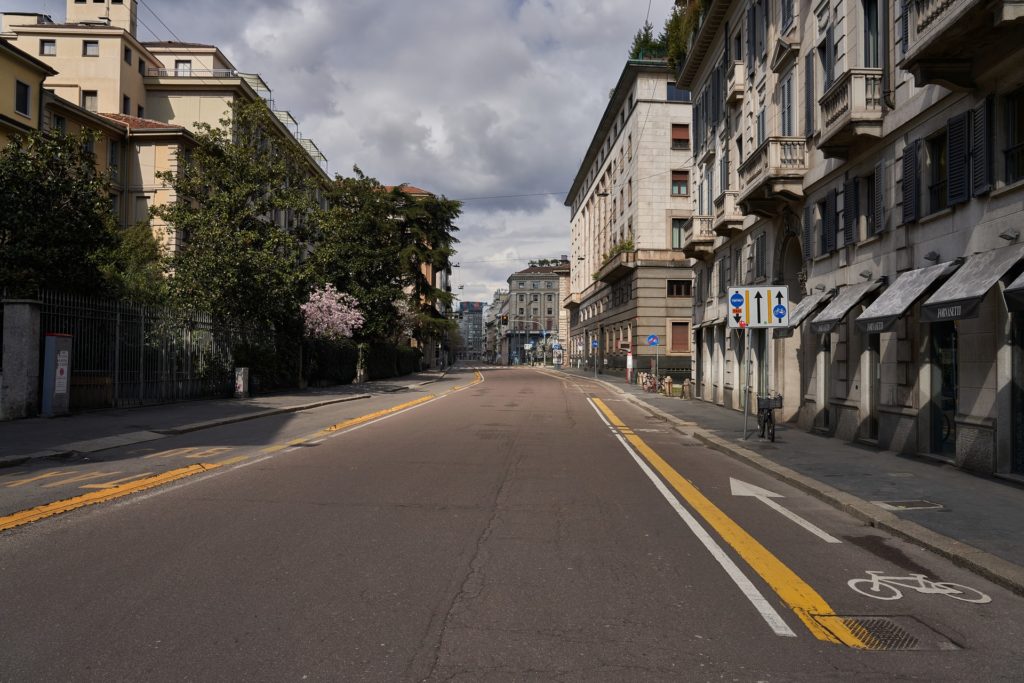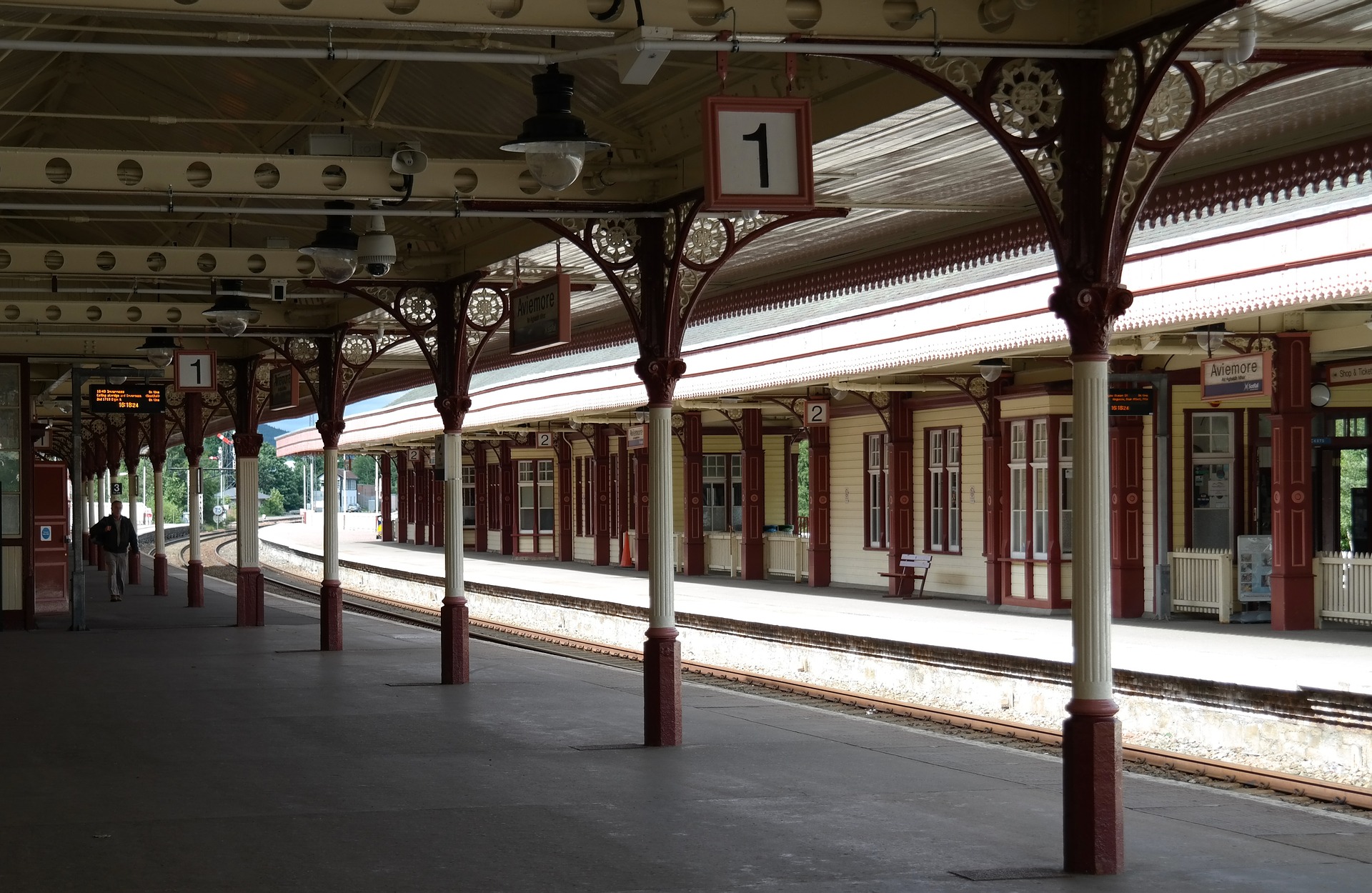Monika Büscher, Centre for Mobilities Research, Lancaster University
Other mobilities are possible. But will a systemic shock engender systemic change?
Covid-19 (aka Coronavirus) has shut down air travel and the global economy, and incited a mass-move online to work, meet, and socialise. When the catastrophe is over, will some of the lessons, values, and new practices stick? Early signs are not promising.
As the news is dominated by Covid-19, the climate, pollution, and environmental crises seem forgotten. Indeed, mobility systems ‘naturally’ seem deserving of billion Dollar rescue packages, even though they are causally implicated in the death of 7 million people from air pollution per year worldwide (WHO), 40,000 a year in the UK, and climate change that will impoverish, displace, and kill more than 240 million people by 2050, whilst incurring $520 billion losses (Worldbank). Might the viral mobilities of Covid-19 eclipse these other crises?
In our current media discourse they already do. The virus is feared in ways that mobilises instant, worldwide societal and economic transformation. In contrast, the threat of looming systemic collapse of vital planetary systems has inspired very little action. It is the multi-causal system-ness of the climate, pollution, and environmental crises that has stopped a mobilities transformation so far. That hasn’t changed.

To change mobilities systems, more than disruption is needed.
Learning new ways of living, working, and socialising locally and online is possible and not enough. We also need deeper understanding of, and more mobilities research on: public understanding, reasoning and sense-making practices around system-ness and precarity, causality and responsibility, courage and creativity, social movements and mobile publics, collective and individual capacities for translating understanding to transformation.
For more reflections from other mobilities scholars, see the Critical Automobility Studies Lab.
For more reflections from the DecarboN8 team and to find out how you can contribute to the conversation subscribe to our Newsletter

